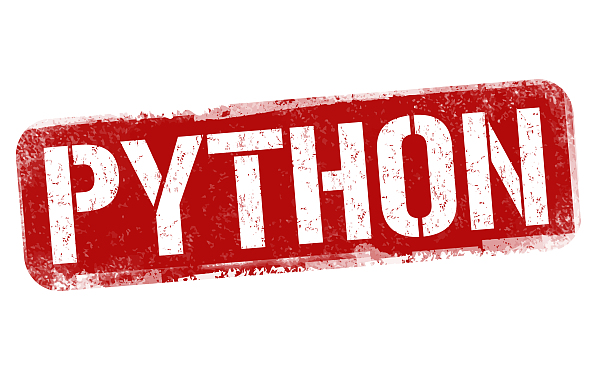New python/Django user (and indeed new to SO):
When trying to migrate my Django project, I get an error:
RemovedInDjango110Warning: Support for string view arguments to url() is deprecated
and will be removed in Django 1.10 (got main.views.home). Pass the callable instead.
url(r'^$', 'main.views.home')
Apparently the second argument can't be a string anymore. I came to create this code as it is through a tutorial at pluralsight.com that is teaching how to use Django with a previous version (I'm currently working with 1.9). The teacher instructs us to create urlpatterns in urls.py from the views we create in apps. He teaches us to create a urlpattern such as the following:
from django.conf.urls import url
from django.contrib import admin
urlpatterns = [
url(r'^admin/', admin.site.urls),
url(r'^$', 'main.views.home')
]
to reference
def home(request):
return render(request, "main/home.html",
{'message': 'You\'ve met with a terrible fate, haven\'t you?'}) #this message calls HTML, not shown, not important for question
in the views.py of an app "main" that I created.
If this method is being deprecated, how do I pass the view argument not as a string? If I just remove the quotes, as shown in the documentation (https://docs.djangoproject.com/en/1.9/topics/http/urls/), I get an error:
NameError: name 'main' is not defined
I tried to "import" views or main using the code presented in this documentation:
from . import views
or
from . import main
which gave me:
ImportError: cannot import name 'views'
and
ImportError: cannot import name 'main'
I believe I've traced this down to an import error, and am currently researching that.






 已为社区贡献126445条内容
已为社区贡献126445条内容

所有评论(0)